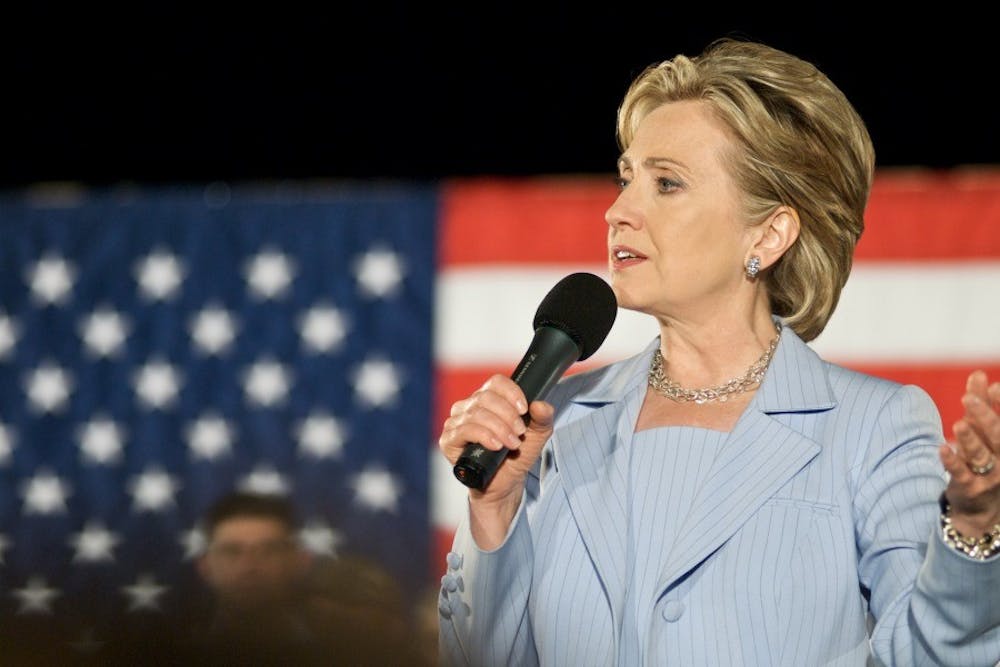After reading some reviews and criticism of Hillary Clinton's latest book, I was prepared to write a scathingly negative review of her literary recollection of the 2016 presidential election.
"What Happened" tore into the media, Bernie Sanders and his loyal, further-left supporters. Clinton is tossing a live hand grenade, I pre-wrote in my head, into a slowly-healing Democratic Party. If she loves the party so much, why would she do this?
I wonder if the reviewers and Democratic operatives read the same book I did.
Sure, Clinton's book is a lengthy vent. She's upset with the media's scandal-centric coverage. She's upset with politicians who galvanized supporters with catchy and exciting messages -- without necessarily working out the numbers. But most of all, she's upset with the unfair treatment that she and other women receive in politics.
I should disclose: I was not a huge Clinton fan, and I'm still not. We disagree on policy. She's made some decisions that I don't agree with. She's flip-flopped her opinions on issues.
But, as she points out in the early chapters, so have a lot of other politicians. And they, as Clinton writes, don't serve as such a "lightning rod for fury." They're not dubbed unlikeable or untrustworthy; their authenticity isn't called into question. They don't get called divisive for merely stating opinions.
"Some of this is a direct result of my actions: I've made mistakes, been defensive about them, stubbornly resisted apologizing," Clinton notes. "But so have many men in politics. (In fact, one of them just became President with the strategy of 'never apologize when you're wrong, just attack harder.')"
And it's an excellent point, at least to me. Joe Biden, who I can say -- anecdotally -- has been described by many progressives as an excellent presidential candidate. Biden, who wrote the most problematic parts of the Patriot Act and the 1994 Crime Bill and voted for the Iraq war.
Remember how that was such a problem when Clinton did it?
Now, to be fair, Clinton's campaign was itself negative. It's hard to lose against Donald Trump, and part of that is her -- and her campaign staff's -- own doing. To her credit, Clinton acknowledges that.
But there were a lot of other factors that resulted in her loss. Russian meddling becomes a bigger subject of media and governmental attention every day, and sexism -- while ignored by a decent number of liberals and conservatives -- played a major part.
Clinton explains these concepts clearly and convincingly. She's obviously a good writer: You don't become a U.S. Senator and the Secretary of State without being a talented communicator. So it's technically an easy read.
The most interesting part of the book for me is the insider perspective into the decision-making behind Clinton's loss. I didn't follow the election politics too closely, so even though some of what is mentioned in "What Happened" was also mentioned in news reports in 2016, it was new to me.
Plus, given the recent information about Jared Kushner and his emails, there's some sweet, sweet irony in reading Clinton's defense of hers.
I'd give the book four and a half stars. Read it, figure out what it's actually about. At the worst, you'll learn a little bit about the 2016 election and understand how we can do better going forward.
Also, funny note: For those who want people to "stop re-litigating the 2016 election," why did "What Happened" sell the most copies of any nonfiction book in like five years? Got ya there.
goldjb@miamioh.edu

